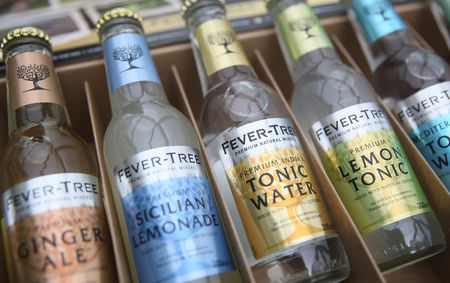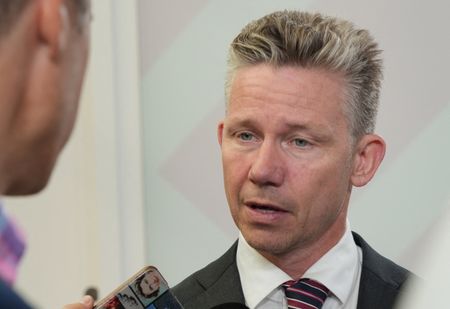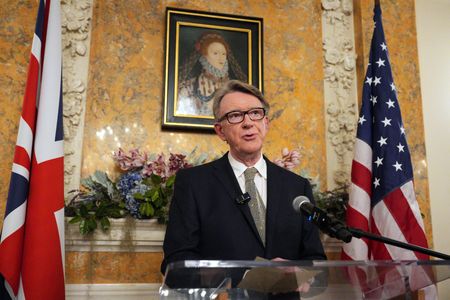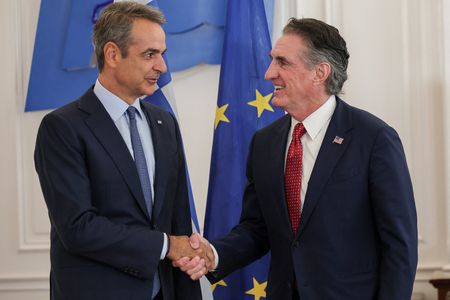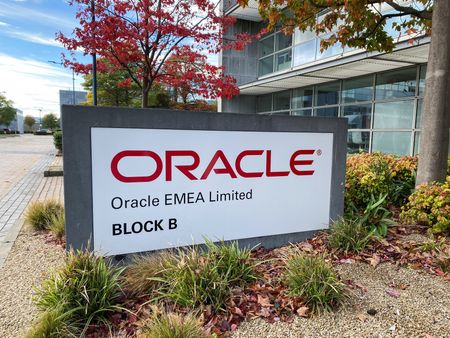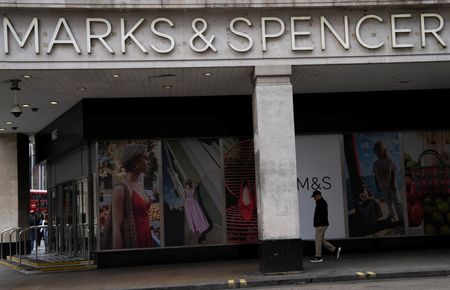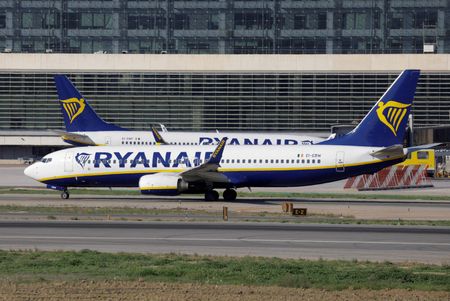(Reuters) – Fevertree Drinks’ second half got off to a good start after strong sales in the United States in the first six months of 2025, the company said on Thursday, sending its shares up 10%.
Fevertree has benefited from a broader trend of consumers drinking less alcohol, boosting sales of its premium beverages such as ginger beers, soft drinks and sodas.
The British company inked a distribution and manufacturing deal with U.S. brewer Molson Coors in January. The move into the beer maker’s national network of distributors started in June and was “progressing well”, Fevertree said.
“Whilst still early days, trading in the U.S. would appear to be running ahead of expectations,” Jefferies analysts said in a note, adding that it was encouraging that Fevertree seemed to be bucking pressures in the broader U.S. alcohol beverage market.
Shares in the company rose as much as 10.5% to 857 pence, as Fevertree also extended its share buyback by 30 million pounds ($40.54 million). The shares have now risen 27% this year.
The majority of Fevertree products sold in the United States are currently produced in Britain, after the beverage maker wound down a major U.S. bottling arrangement ahead of its partnership with Molson Coors earlier this year.
“While this has exposed the partnership P&L to a tariff impact, we are jointly working hard to mitigate this impact ahead of the prospective onshoring of U.S. production in the medium term,” Fevertree said in a statement.
In July, Fevertree said it would equally split costs of the 10% U.S. tariffs on UK imports with Molson Coors.
Improvements in its global supply chain, procurement processes alongside the prospective onshoring of U.S. production by Molson Coors over the medium term would allow for margin recovery over time, the company said.
Fevertree reported adjusted core profit of 18.4 million pounds, beating some analysts’ estimates.
Pretax profit in the period dropped 15% mainly due to exceptional costs relating to the Molson Coors partnership.
The company’s total adjusted sales inched 2% higher to 172.2 million pounds, on constant-currency basis, supported by strong demand in the U.S., offsetting weakness in UK sales to bars and restaurants.
($1 = 0.7401 pounds)
(Reporting by Nithyashree R B and Yadarisa Shabong in Bengaluru; Editing by Sherry Jacob-Phillips and Susan Fenton)

